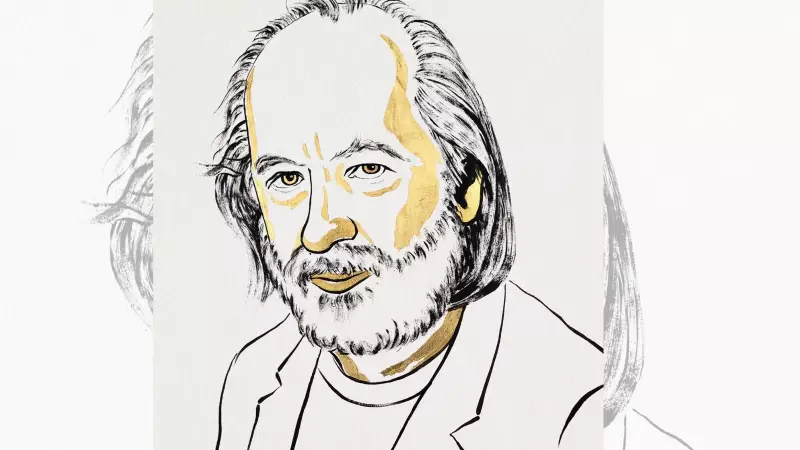
The Nobel Prize in Literature often feels like the most unpredictable of all prestigious awards, leaving readers and literary enthusiasts scratching their heads year after year. While the world celebrates literary giants like Haruki Murakami and Laszlo Krasznahorkai, the Swedish Academy continues to overlook these household names in favor of less predictable choices.
The Perpetual Bridesmaids of Literature
Year after year, certain authors become what the literary world calls "perpetual candidates" - consistently in the conversation but never quite making the final cut. Japanese author Haruki Murakami has become almost synonymous with this category, his global popularity and critical acclaim seemingly making him a natural choice that never materializes.
Hungarian writer Laszlo Krasznahorkai, often described as creating "dense, apocalyptic visions" that continue Franz Kafka's legacy, represents another fascinating case. Despite winning the Man Booker International Prize and building an impressive body of work, the Nobel recognition remains elusive.
Understanding the Nobel Committee's Mysterious Ways
The selection process for the Nobel Literature Prize remains famously opaque, with deliberations kept secret for 50 years. This secrecy fuels endless speculation about what truly influences the Swedish Academy's decisions. Some key factors that might explain these surprising omissions include:
- Political Considerations: The committee often considers the political impact and message their selection sends to the world
- Regional Representation: A conscious effort to spread recognition across different languages and cultures
- Literary Innovation: Preference for authors who push boundaries rather than those with commercial success
- Translation Quality: How well an author's work translates into other languages, particularly Swedish
The Kafka Connection: More Than Just a Literary Style
Franz Kafka's influence looms large over contemporary literature, particularly in authors like Krasznahorkai. The term "Kafkaesque" has evolved beyond mere literary classification to describe a particular worldview that the Nobel committee might find either compelling or limiting when evaluating modern authors.
This connection raises interesting questions about how literary legacy influences contemporary recognition. Does being part of an established tradition help or hinder an author's Nobel chances?
What Makes an Author "Nobel-Worthy"?
The criteria for Nobel worthiness remain deliberately vague, described only as going to authors who have produced "the most outstanding work in an ideal direction." This ambiguity allows for broad interpretation but also creates endless debate about which authors truly meet this standard.
Some patterns have emerged over the years that might explain why certain authors remain in waiting:
- Global vs. Regional Appeal: Authors with massive international followings sometimes lose to those with deeper regional significance
- Literary Trends: The committee's shifting focus between different literary movements and styles
- Committee Composition: Changing membership and preferences within the Swedish Academy itself
- Timing and Context: How an author's work resonates with contemporary global issues
The mystery surrounding the Nobel Literature Prize selections continues to fuel literary discussions worldwide. While readers might feel frustration when their favorite authors are overlooked, this very unpredictability keeps the literary world engaged and debating what truly constitutes literary excellence on the global stage.






